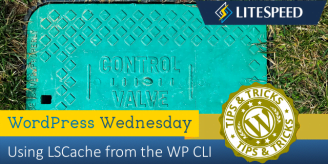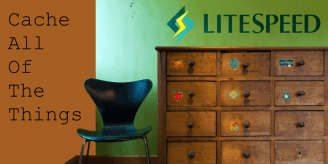Last week, George, Jon, Ruikai and Dmitri headed for Europa-Park, to attend the CloudFest conference.
We have taken some of the optimization features that are not related to caching, and made them available for use by anyone. No LiteSpeed server required.
These commands are provided by LiteSpeed, so that you may manage your cache with the WordPress Command Line Interface.
Your guide to all of the LSCache add-ons currently available: there are more of them than you think!
We put our new LSCache extension for Joomla to the test, comparing OpenLiteSpeed and LSCache to Apache and Joomla System Page Cache. These are the results.
Someday you may need assistance with your LSCache for WordPress installation. Don’t worry, we are here to help!
We benchmarked OpenLiteSpeed, NGiNX, and Apache. We looked at how the three web servers handled a small static file and a simple PHP script, and then we evaluated their WordPress performance.
If you’ve ever wanted to contribute your linguistic talents to an open-source project, we hope you’ll assist us in translating LSCache for WordPress!
For those who long for the good old days of a simple ON/OFF switch and a few straightforward configuration options in LSCache, we’ve created Basic View.












